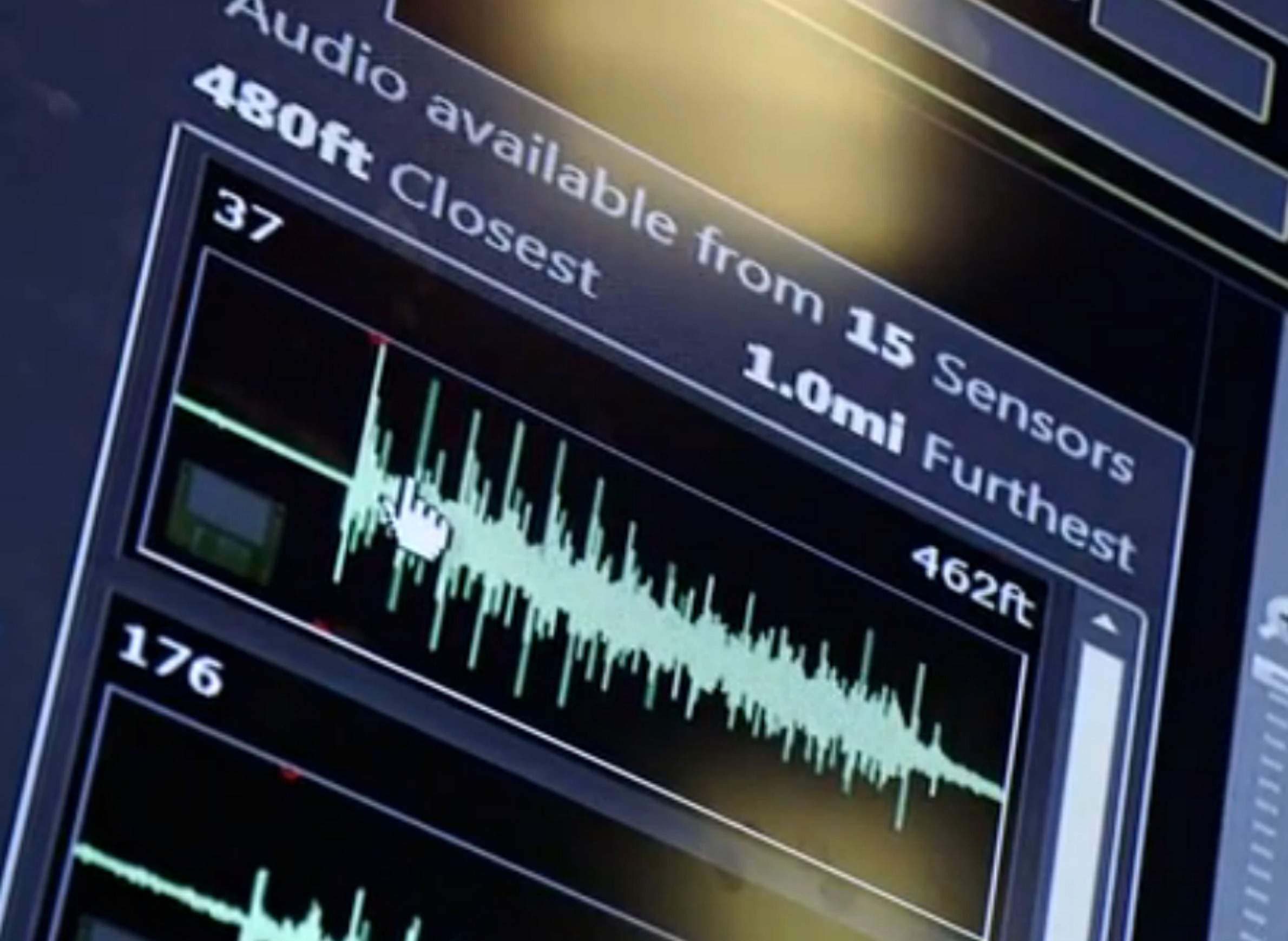
Wisconsin Public Television
Series: Known Unknowns
As the population and computing power grow, the complex systems that support everyday life have the capacity to generate detailed data that can provide crucial insights into health, education, the economy and much more. But those systems can still fall short in gathering useful or relevant information. In some cases, information is spread among disparate entities. In others, it simply has not been analyzed. When data is limited, these gaps can reveal blind spots among and challenges to policies and institutions.